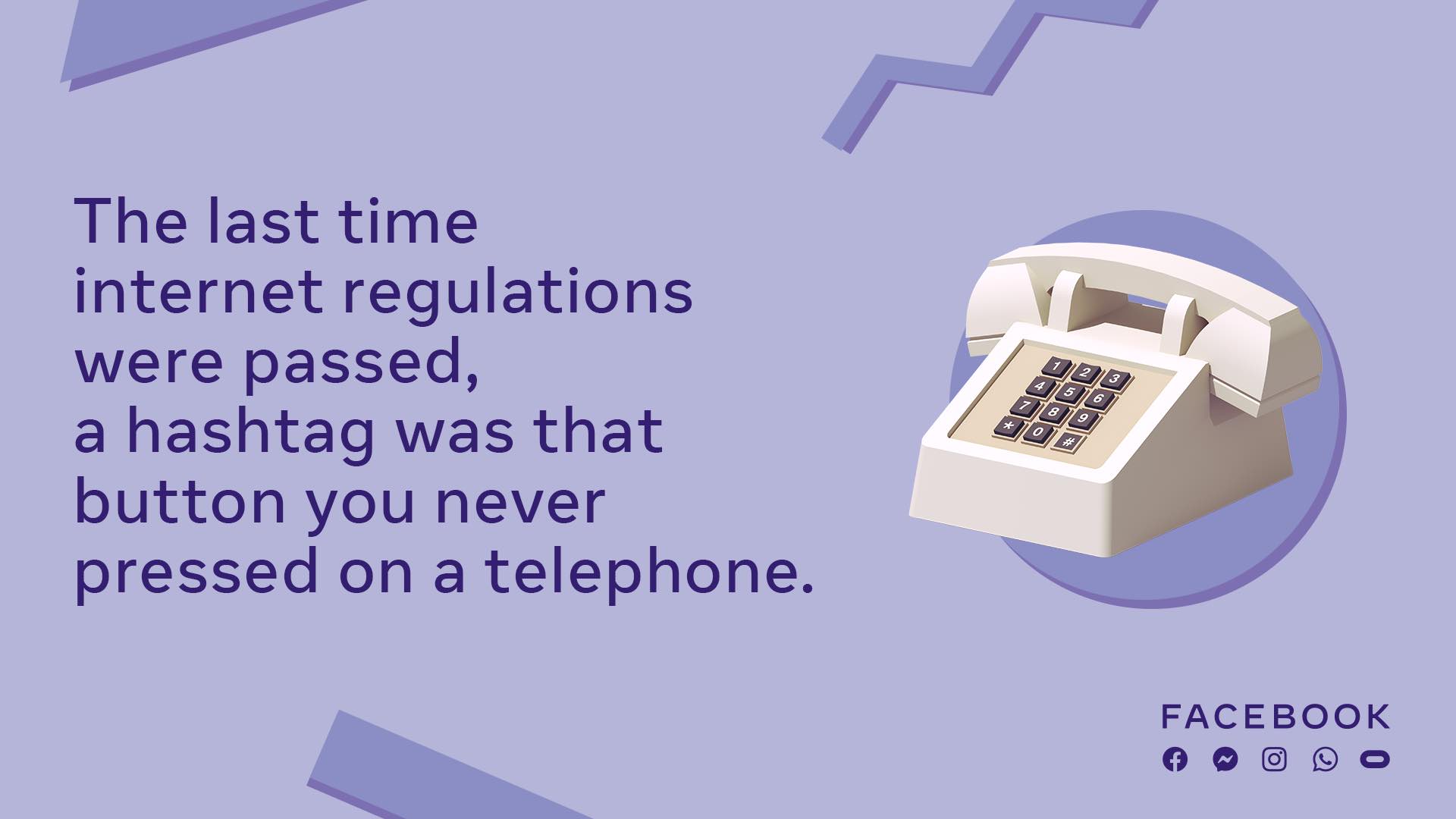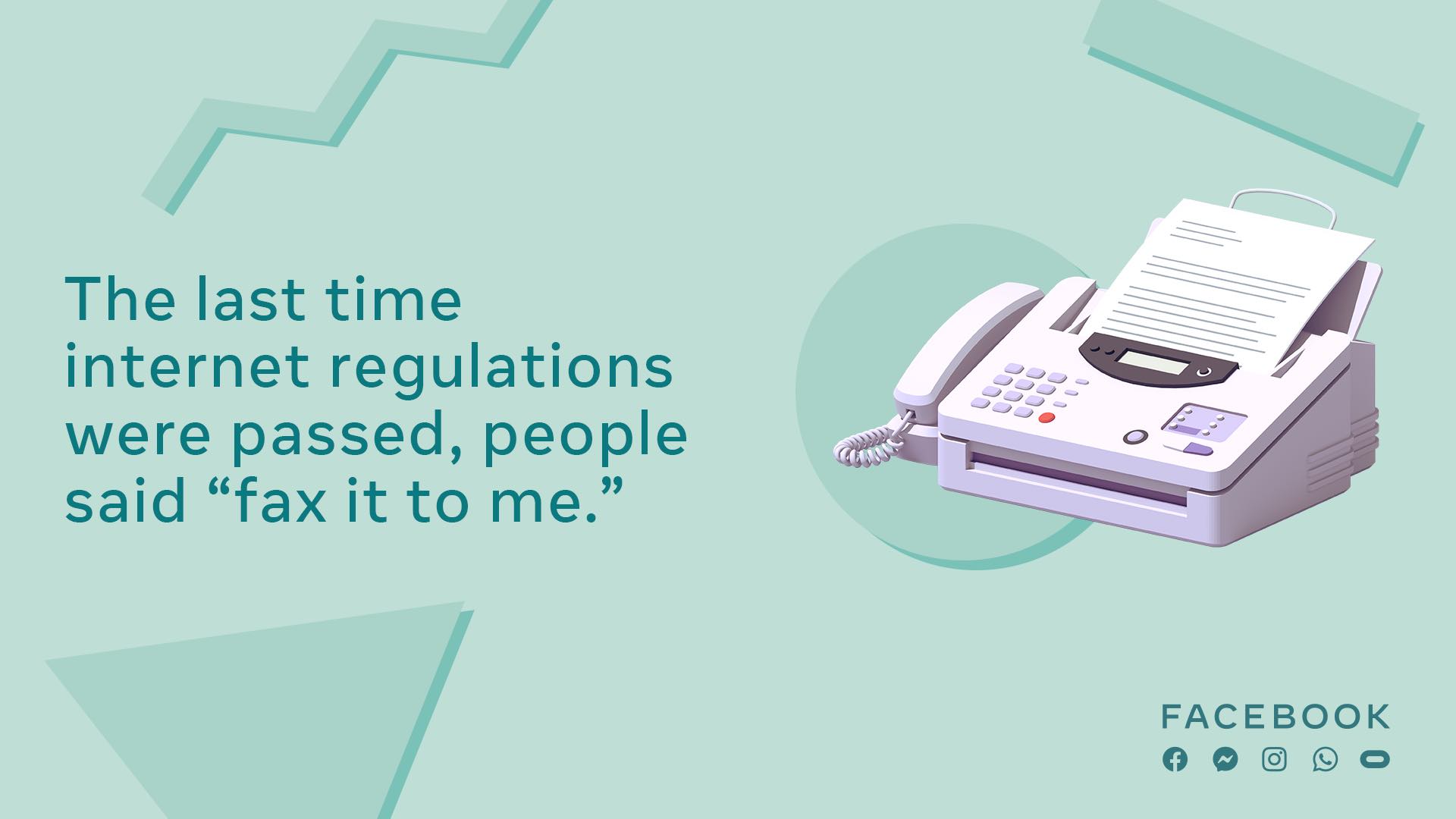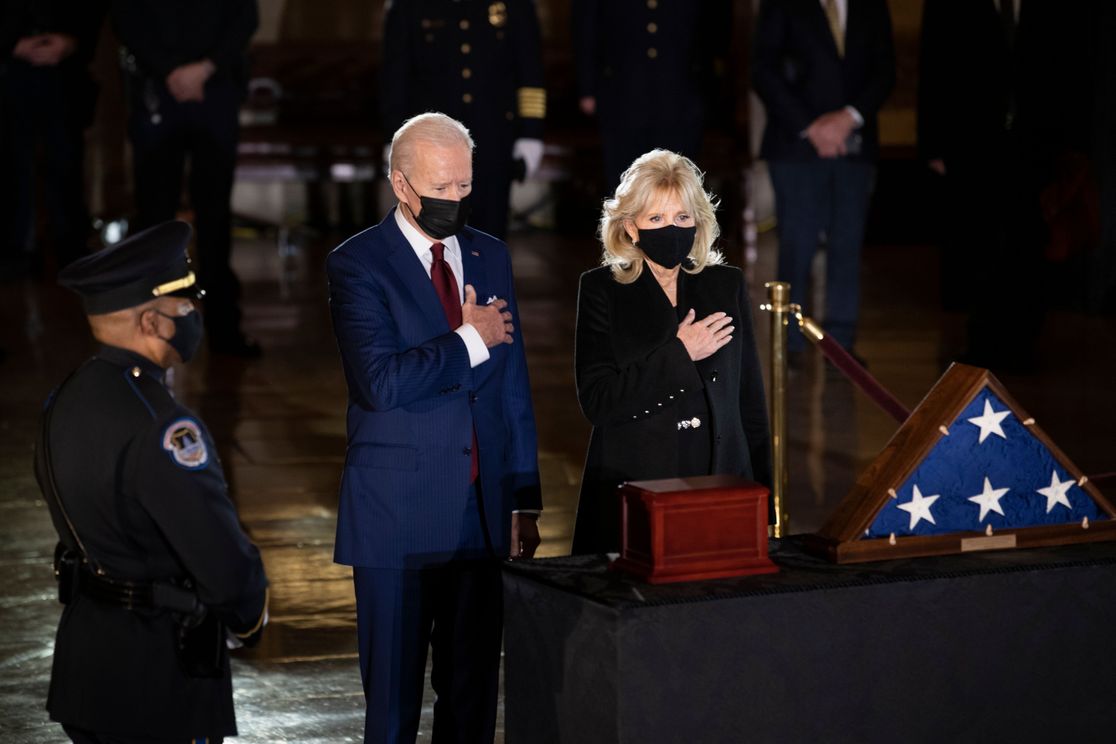| |
| |
| |
| Presented By Facebook |
| |
| Axios AM |
| By Mike Allen ·Feb 03, 2021 |
| 🐪 Happy Wednesday! Today's Smart Brevity™ count: 1,181 words ... 4½ minutes. 🇨🇳 Breaking ... Vaccine diplomacy: In a new push to gain international influence, China said it'll provide 10 million doses of COVID vaccine doses to developing nations. - Separately, with the 2022 Winter Olympics scheduled in Beijing, China sees a chance — amid rising human rights outrages — to show off epidemic controls, dazzle with spectacle and seize publicity on the world stage. —Reuters
|
| |
| |
| 1 big thing: Amazon's next act |
Architectural rendering, released yesterday, of The Helix, the 370,000-square-feet signature building of Amazon's HQ2, now being built in Arlington, Va. Image: NBBJIn choosing top official Andy Jassy as the new CEO beginning in Q3, but staying on as executive chairman, Jeff Bezos, 57, is perpetuating Amazon ambitions that exceed the public's imagination, Ina Fried writes. - Jassy, 53 — CEO of Amazon Web Services (AWS), the company's cloud services unit — gave Amazon a key profit engine to fuel its outsized ambitions. AWS boasts profit margins that outstrip retail's.
Between the lines: When people thought Amazon was building "Earth's Biggest Bookstore," it was actually building "The Everything Store." - When people thought it was focused on that, Amazon was expanding to web services and then advertising.
- When people thought it was laser-focused on all things online, Amazon moved into physical retail, buying Whole Foods and launching the cashier-less Amazon Go convenience stores.
Incoming Amazon CEO Andy Jassy speaks in Vegas in 2019. Photo: Isaac Brekken/AP Amazon's culture runs deep. Executives tend to either gain some experience and move on to places with more lavish perks or better work-life balance, or they buy into the Amazon approach and stay forever. - There are few better examples of that than Jassy, who joined Amazon in 1997 — 24 years ago.
Stepping back from day-to-day operations will free Bezos to focus more on aspirations beyond the company: - Blue Origin, Bezos' space venture, will benefit from more of Bezos' drive and ambition.
- Like Elon Musk, Bezos talks about the strategic importance of space as an exit plan for the human race if Earth becomes uninhabitable.
- Amazon CFO Brian Olsavky said on an earnings call that Bezos will remain involved in many "large, one-way door" issues, including acquisitions and planning new lines of business.
Share this story. |
    |
| |
| |
| 2. Younger adults cause most COVID spread |
 Data: American Association for the Advancement of Science. Chart: Axios Visuals The coronavirus pandemic in the U.S. has been chiefly driven by young and middle-aged people, while killing mostly older people, Axios Vitals author Caitlin Owens writes. - Why it matters: The notion that non-vulnerable people can go about their normal lives, while vulnerable people self-isolate, has not borne out in the U.S.
Adults aged 20-49 were responsible for the vast majority of virus transmission last year, according to a study published in Science. - Three-quarters of new infections originated from adults 20-49 until mid-August of last year. Adults 35-49 contributed the most to spread.
- The study estimates that school reopenings increased total infections by about 26% as of October, and deaths by about 6% — because children and teenagers spread the virus to adults, who are "more transmission efficient."
Share this graphic. |
    |
| |
| |
| 3. Pandemic era's union renaissance |
 |
|
| Illustration: Aïda Amer/Axios |
| |
| The pandemic walloped the job market but has strengthened unions, Axios @Work author Erica Pandey writes. - Why it matters: The pandemic exposed the ways workers, especially those on the low end of the wage spectrum, can be treated. That revitalized the appeal of unions and underscored the importance of worker voices.
The share of U.S. workers who are union members rose half a point over the past year to 10.8%, according to new Bureau of Labor Statistics data. - That's because union members held onto their jobs at higher rates than non-union members. "[U]nions did a good job at protecting their members from layoffs," says John Logan, a U.S. labor historian at San Francisco State.
What we're watching: Unions lost power in the U.S. for decades. - But unions have started showing up in new and unlikely places: Google workers formed one. And Amazon warehouse workers are getting closer to organizing in Alabama.
- President Biden has said he'll be "the most pro-union president you've ever seen."
Share this story. |
    |
| |
| |
| A message from Facebook |
| It's time to update internet regulations |
| |
 |
| |
| The internet has changed a lot in 25 years. But the last time comprehensive internet regulations were passed was in 1996. We support updated internet regulations to set clear guidelines for addressing today's toughest challenges. Learn More |
| |
| |
| 4. Honored in the building he defended |
| Photo by Brendan Smialowski/AFP via Getty Images President Biden and Dr. Jill Biden pay respects last night to Capitol Police Officer Brian Sicknick, 42, who lay in honor in the building he died defending. - His death was one of five that resulted from the rioting.
- Sicknick was familiar to lawmakers, staff and reporters who passed through the Capitol's doors each morning. Keep reading.
Photo: Salwan Georges/The Washington Post via AP |
    |
| |
| |
| 5. Why your "work bestie" matters |
 |
|
| Illustration: Annelise Capossela/Axios |
| |
| Decades of data show that friendships at work are one of the best predictors of happiness and productivity, Erica Pandey writes. - Why it matters: Cultivating these close relationships is even more important now as lockdowns and isolation worsen burnout.
Having one or two close friends at work makes people engage more with their tasks and the broader mission of their companies. And it makes them less likely to quit, says Marissa King of the Yale School of Management. |
    |
| |
| |
| 6. Fortune 500 has had 15 Black CEOs in 66 years |
 |
|
| Illustration: Annelise Capossela/Axios |
| |
| Rosalind "Roz" Brewer will step in as Walgreens CEO next month, becoming the fourth Black Fortune 500 chief executive, and the second-ever Black woman to permanently lead a Fortune 500 firm, Erica Pandey writes. - Since the Fortune 500 started publishing in 1955, 1,800 CEOs have been included. Only 15 of them have been Black, Fortune's Phil Wahba reports.
- Another four held interim positions.
To mark the start of Black History Month, Wahba dove into the lives of those CEOs and examined why Black representation in corporate America has remained so abysmal for so long: - One major problem is that too few Black professionals are put in management tracks. Representation of Black businesspeople is high in fields like accounting and marketing, but people who are successful in those parts of companies are less likely to become CEOs. It's typically employees who deal with profit and loss that rise to chief executive positions.
- Recruitment practices also spawn systemic issues: Companies routinely go to the same traditionally elite schools to seek out new talent.
Go deeper: Fortune, "The lack of Black CEOs in the history of the Fortune 500." |
    |
| |
| |
| 7. Kremlin foe imprisoned |
| Photo: Moscow City Court via AP Russian opposition leader Alexei Navalny makes a heart symbol to his wife, Yulia, as he stands in a cage at Moscow City Court. - Igniting new protests, a Moscow court sentenced Navalny to prison for more than 2½ years — on the crazy argument that he violated his probation while recuperating in Germany from nerve-agent poisoning. Go deeper.
Law enforcement officers stand guard in front of a monument to Soviet Marshal Georgy Zhukov, outside Red Square in Moscow. Photo: Kirill Kudryavtsev/AFP via Getty Images |
    |
| |
| |
| 8. Tampa "strip club king" readies for Super Bowl |
 |
|
| Photo illustration: Brendan Lynch/Axios. Photo: Charles Ommanney/Getty Images |
| |
| Ahead of Sunday's Super Bowl in Tampa, the most famous strip club in America has installed hand-sanitizing stations, UV lights in the air-conditioning system, and a requirement that everyone — dancers and clients — wears masks. - Ben Montgomery writes in the new Axios Tampa Bay that Joe Redner, 80, owner of the Mons Venus strip club, is getting ready for another Super Bowl at his club, which sits just a stone's throw from Raymond James Stadium.
Zoom out: Tampa is notorious for its strip club industry. It's often mislabeled the "strip club capital of America," an honor that actually belongs to Portland, Ore. The Super Bowl highlights the dark side of Tampa Bay's sex trade, Selene San Felice adds in a separate piece for Axios Tampa Bay. - Brie Daniels, an advocate for Sex Worker Outreach Project of Tampa Bay, argues that sex work doesn't actually increase around the Super Bowl — but prostitution stings do.
🍊 Sign up here for Axios Local newsletters. |
    |
| |
| |
| 9. Vegan food pantries rise in pandemic |
 |
|
| Illustration: Aïda Amer/Axios |
| |
| Heightened demand for food banks has prompted vegans to organize, soliciting donations and setting up distribution channels for non-animal products, Axios Cities author Jennifer A. Kingson writes. - Why it matters: As the pandemic persists, the number of people who are food-insecure remains alarmingly high.
Keep reading. |
    |
| |
| |
| 10. 🎵 "What's Going On" turns 50 |
| Marvin Gaye in 1971. Photo: Gems/Redferns via Getty Images The 50th anniversary of Marvin Gaye's "What's Going On," released in May 1971, is inspiring events that highlight the album's enduring influence on social activism, Axios race and justice reporter Russell Contreras writes. - Why it matters: Themes of three of the album's iconic hits reflect some of the most significant divisions in America today — excessive police force, climate change, and a seemingly endless war in a foreign land.
Keep reading. |
    |
| |
| |
| A message from Facebook |
| Internet regulations need an update |
| |
 |
| |
| It's been 25 years since comprehensive internet regulations were passed. But a lot has changed since 1996. We support updated regulations to set clear guidelines for protecting people's privacy, enabling safe and easy data portability between platforms and more. Learn More |
| |
| 📬 Thanks for starting your day with us. Please invite your friends to sign up for Axios AM/PM. |

















No comments:
Post a Comment